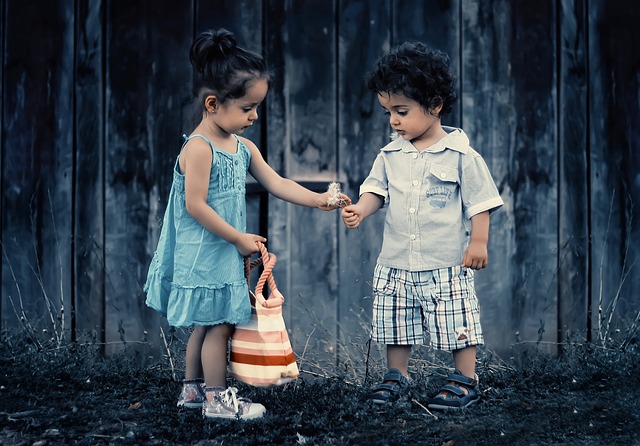

There is a deep, human need we are all familiar with: the desire to belong. We all like to receive attention, appreciation and understanding from others on a regular basis. The same applies to recognition and respect. These are -partly- unconscious processes. We like to be taken seriously and be truly seen and heard by those persons that are important to us.
Most of these needs start out in early childhood. Swiss philosopher Alain de Botton wrote: “The attentions of others matter to us because we are afflicted by a congenital uncertainty as to our own value, as a result of which affliction we tend to allow others’ appraisals to play a determining role in how we see ourselves. Our sense of identity is held captive by the judgments of those we live among.” Our close relatives (such as parents, siblings, grandparents, etc.) often play a major role in this. As we grow older, teachers and friends are added to this group.

We have a strong desire as a child to be sincerely recognized for what we do, and more importantly, for who we are. Parents often tend to acknowledge the former instead of the latter, simply because it’s more visible. Yet ‘who we are’ touches the core of our personality in a much more profound way. When emphasis is placed too much on what we do, it can trigger young children into taking this as a reference for the years to come.
People who haven’t been acknowledged sufficiently for who they are, may (in their adult life) experience a negative tendency when it comes to feelings of security, their (self-) confidence, self-esteem and/or self-image. This can have a long-lasting effect if one’s unaware of its cause. Both personal and working relationships are at risk of being affected.
It is therefore worthwhile to evaluate our relationships with others, especially our relatives. Try questions like: “Do we (as adults) often need others to feel good about ourselves? Do we feel the need to be accepted in all areas by our parents? Are we trying to be perfect in our work and/or do we quite often long for appreciation? Are there any recurring problems in our relationships? Do we dare to be ourselves or would we rather succumb to the expectations of others? “.
It is difficult to understand as a child why we sometimes do not get what we need mentally or emotionally. Now we’re adults we can try to understand these problems and guide ourselves if necessary. Sometimes therapy might help us (e.g. when it comes to attachment disorders), sometimes coaching might give us new insights. At least we can learn that others don’t control our self-esteem and emotional growth. Above all, we can learn that we have the ability to love ourselves, apart from whether we’re accepted or rejected by others. And remind ourselves this is true from day to day. Just be who we really are.
Franklin Heilbron, blogger and spiritual life coach, lives and coaches in Amsterdam (The Netherlands). He loves life, loves people, hugely enjoys intelligent conversations, and can be deeply moved by beautiful sounds and images.